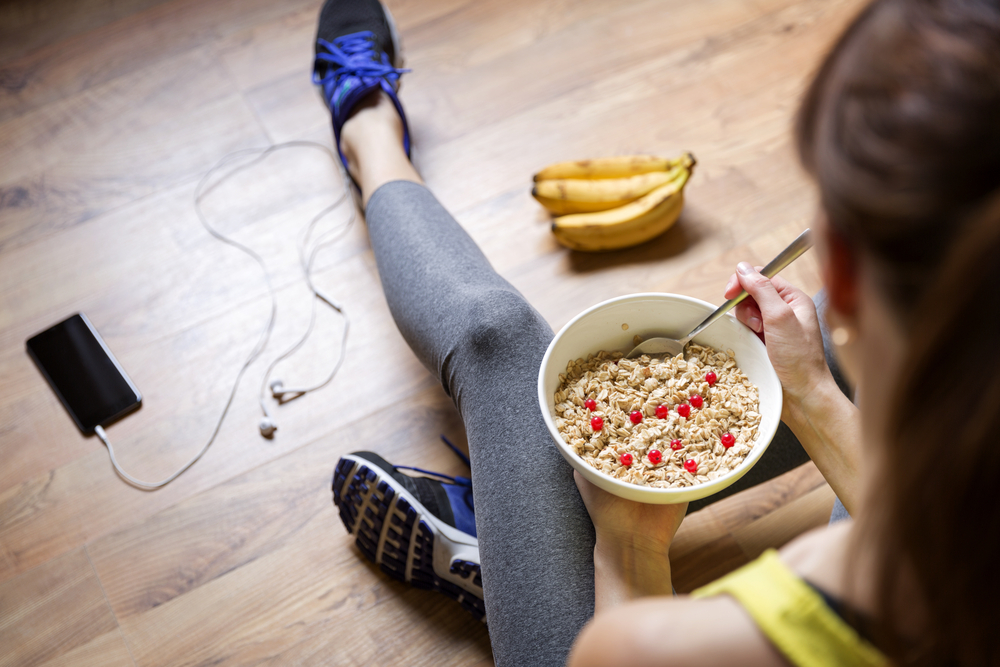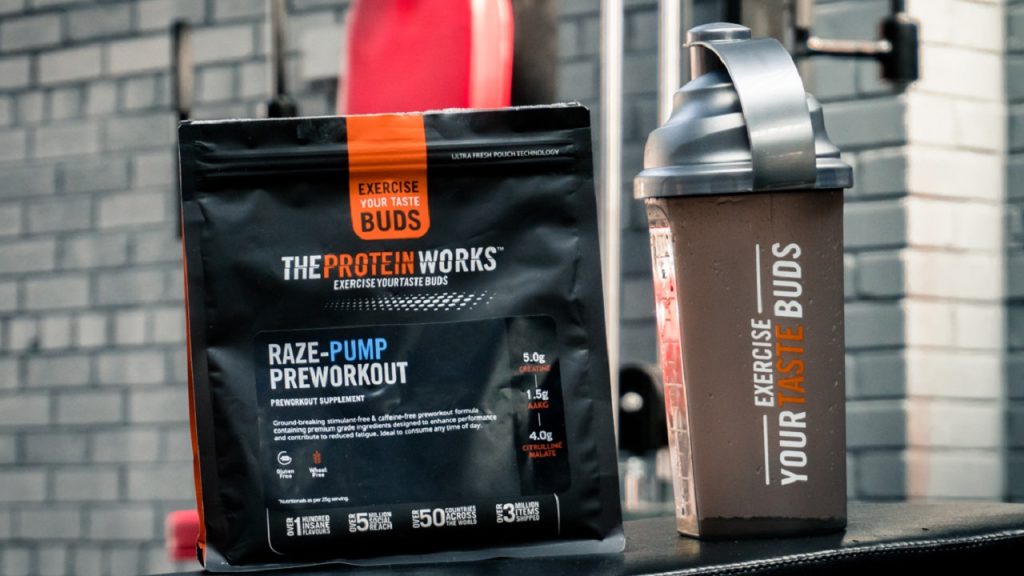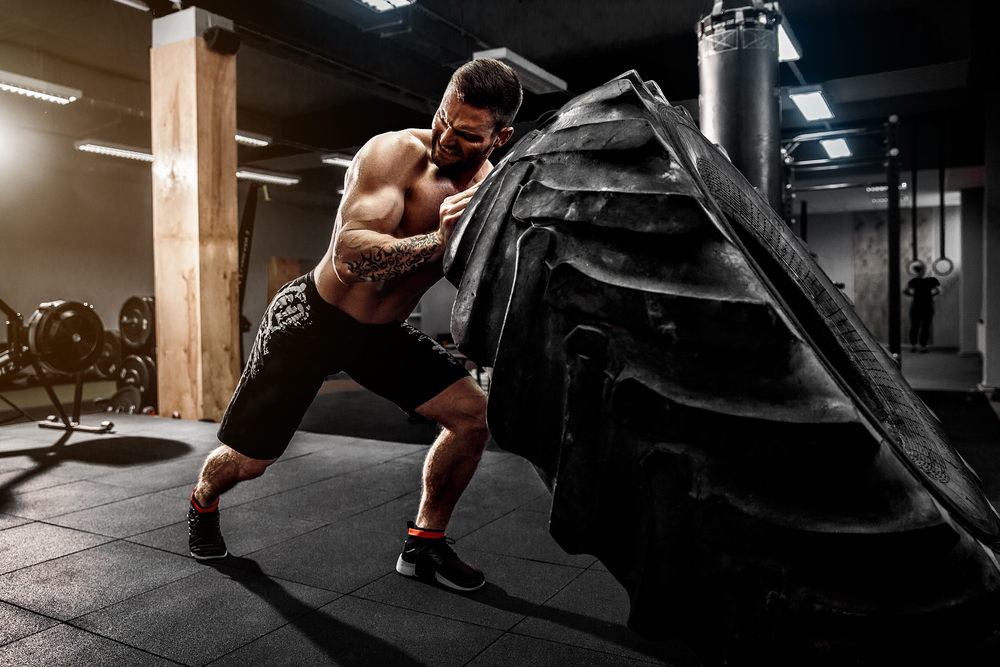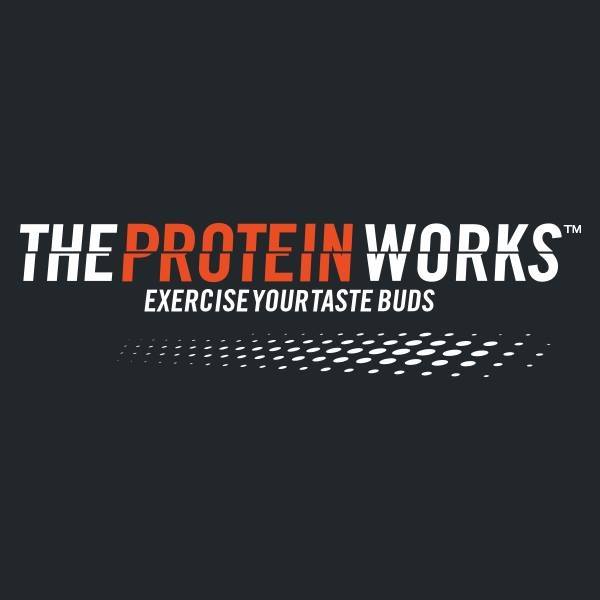
Workout Nutrition: What Do You Need?
As crucial as diet is for reaching your goals, we care about performance too.
We want to be strong, fit, and lift heavy things.
When we step through the gym doors, it’s game time.
The aggression levels go up a touch, adrenaline rises, and we get in the zone.
Aside from anything, training harder and performing better in the gym also aids in body composition – a more productive training session yields a bigger calorie burn and preserves muscle during a fat loss phase, while aiding for growth and more strength development when bulking.
Yet too many of us simply start going through the motions in the gym, performing sub-standard workout after sub-standard workout.
And this can lead to plateaus, stagnation and a lack of results.
Enter Workout Nutrition
The most critical factor, regardless of goals, is meeting your daily calorie macronutrient needs.
It doesn’t matter how effective your workout nutrition protocol is, you simply won’t make progress if you’re not keeping an eye on your overall diet. So if you’re not currently tracking calories, monitoring macros, and making sure you get most of your nutrition from nutrient-dense whole foods, you might want to start there before delving into pre- and post-workout nutrition.
That being said, if you’re reading this, it’s highly likely you’ve already got your dieting basics down, so read on to find out how workout nutrition can take your results to the next level.
What Do You Need? The Basics
You can’t go wrong with protein and carbs both before and after a session.
It may sound a little too “beginner-ish” but that’s because it works.
A 2013 meta analysis study from the “Journal of the International Society of Sports Nutrition” concluded that –
“A high-quality protein dosed at 0.4–0.5 g/kg of LBM at both pre- and post-exercise is a simple, relatively fail-safe general guideline that reflects the current evidence showing a maximal acute anabolic effect of 20–40 g” (1)
Ergo, if you weigh 80kg, then it’s a good idea to consume between 32 and 40 grams of protein pre-workout, and the same post-workout.
As you don’t want anything to sit too heavy in your stomach before a tough squat session, or an intense deadlift workout, then a shake may be a wise choice here. And similarly post-workout – if you’ve just had a crushing barrage of full-blown lifting, you might not really fancy the idea of sitting down with steak or chicken breast.
Food works well to get your pre and post-workout protein in, but a shake may be a little easier, and more convenient.
The study also noted that carbohydrates were an optional extra, but may be beneficial to those competing in endurance activity, or twice-daily sessions. This may well not be you, but the vast majority of folk find that carbs before a session give them energy, and help with recovery afterwards.
Likewise, if you’re consuming a high number of carbs on a daily basis, it simply makes sense to eat a portion of these around workouts, rather than book-ending them at either end of the day.
A practical approach for anyone would be to consume a pre-workout meal 1-2 hours before training that contains the 0.4-0.5 grams of protein per kilogram of bodyweight as recommended, along with 15-30% of your daily carb intake, and the same again 1-2 hours after you’ve finished.
Optional Extras
Get the basics right, and you’re nearly there.
But with so many options out there, you may want to look at stepping up your workout nutrition game with some of the following.
Need an energy boost?
You really can’t go wrong with caffeine. Studies and reports show that it can have a positive impact on short-term athletic performance. (2)
Beta Alanine
This popular pre-workout is a naturally occurring amino acid that’s come to the forefront of the supplement industry in the last few years.
Studies show that, like caffeine, supplementing with beta alanine can improve acute physical performance. (3,4) This may well be due to the lactic acid buffering effects that beta alanine has.
Creatine Monohydrate
As one of the most tested supplements on the market, creatine has been put through rigorous tests, and time and time again come out as a winner.
It’s also an amino acid, and is a fuel source for ATP (the energy your body uses for muscular contractions.)
Creatine has a number of potential benefits, including aiding high-intensity training, enhancing muscular recovery and boosting anaerobic capacity. (5,6,7)
The Wrap Up
No pre-workout or post-workout stack has the secret answer to all your fat loss or muscle building needs.
What a sensible workout nutrition protocol will do, however, is allow you to perform at a higher level.
And when you can do that, you can say hello to bigger lifts, bigger muscles, faster fat loss and a better physique.
References
1. http://www.jissn.com/content/10/1/5
2. http://www.acsm.org/docs/current-comments/caffeineandexercise.pdf
3. http://www.ncbi.nlm.nih.gov/pmc/articles/PMC3374095/
4. http://www.ncbi.nlm.nih.gov/pubmed/20479615
5. http://www.ncbi.nlm.nih.gov/pubmed/12560406
6. http://www.ncbi.nlm.nih.gov/pubmed/14600563
7. http://biomedgerontology.oxfordjournals.org/content/67/11/1170.full







No Comments yet!